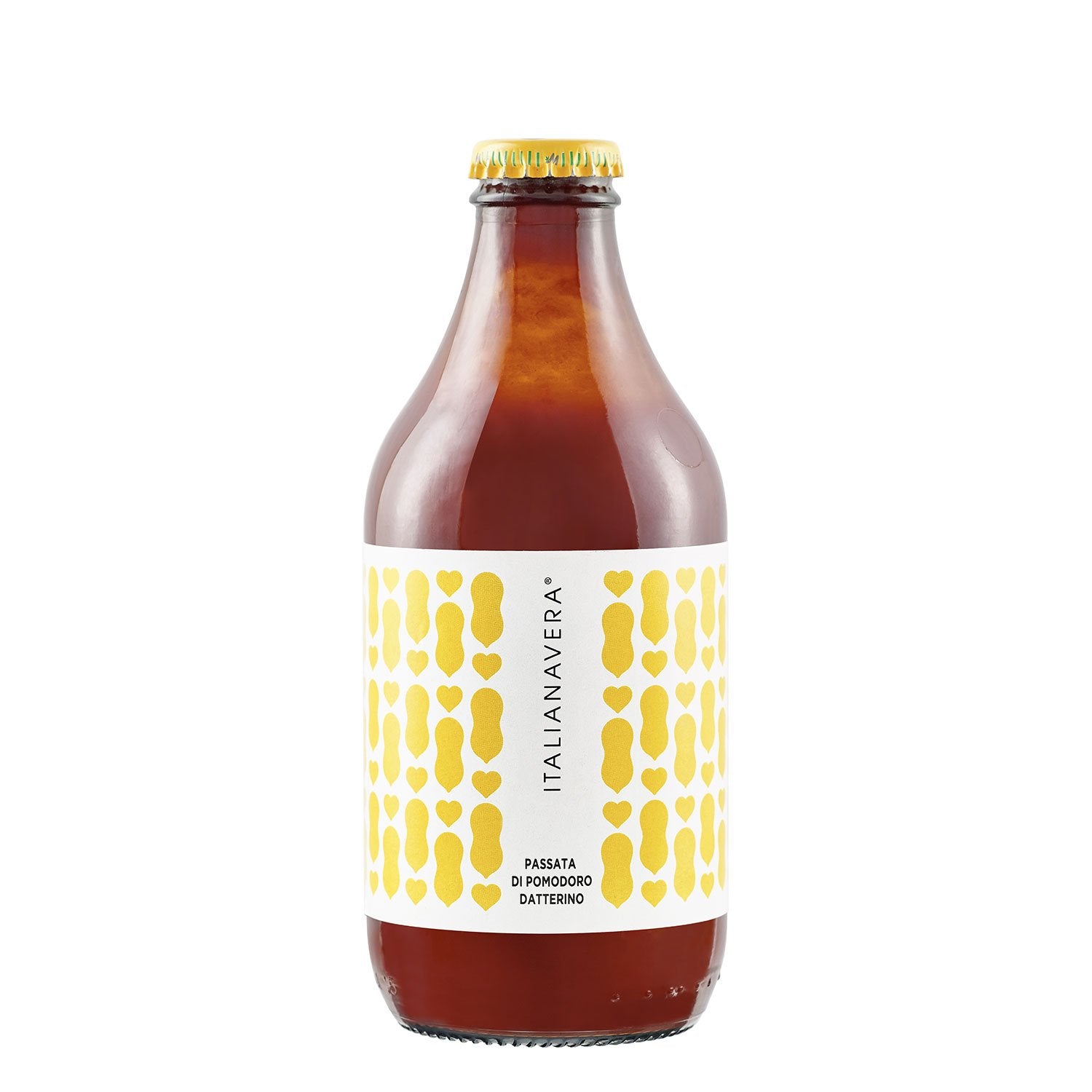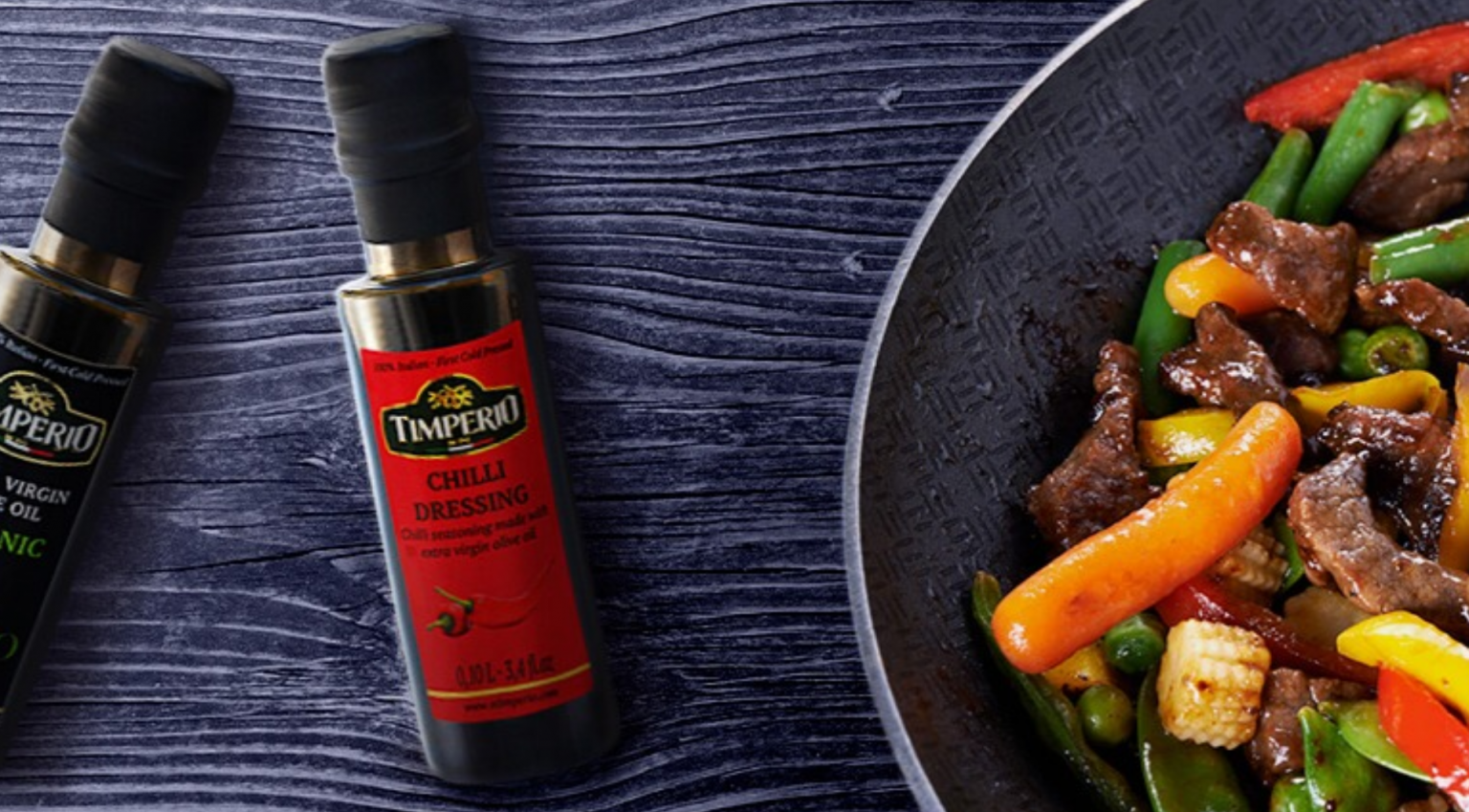Since I moved to Singapore in 2014, I had the luxury to expand my cultural and social perspectives on the World through the very Amazing people I was fortunate enough to encounter during my life journey here in Asia. Most of my friends are locals, but also many foreigners, often coming from every corner of the planet.
Whenever I speak to them, I feel always overwhelmed by their enthusiasm and positive vibes about their lives in Singapore. Why is that so? Well, obviously there is no one-size-fits-all answer – but here’s my take.
As I said in one of my previous articles I personally feel that the most charming side of this extraordinary country lies in its perfect combination of traditions and modernity.
When it comes to food for example, Singapore is haven! From the city’s hawker centers to Michelin-starred restaurants, there is no place on Earth that can get any closer to The Lion City.
That’s what Wikipedia says about it:
In Singapore, food is viewed as crucial to national identity and a unifying cultural thread
What is the the most popular cuisine over here? I’d say that Chinese food is definitely a “top pick”, and in the words of Ian Lim:
Singapore’s cuisine has its roots primarily in Hokkien and Teochew cuisine, with a few influences from Cantonese cuisine
As I shared in my previous articles, while I love enjoying all different cuisines, I am also a healthy conscious individual. And in fact I often scratch my head around the topic of healthy food and ways to make my favorite meals somehow healthier.
Speaking about Chinese cuisine, if on one hand it is flavoursome and palatable, on the other hand high flames and high temperatures are two key requirements to give the food its Chinese-style touch.
Thus it is but obvious that the oil used for cooking has to have a high smoke point, otherwise the entire dish will be completely ruined.
While you can read the following articles to learn about the science of cooking, and the rationale behind my suggestions of using exclusively premium extra virgin olive oil, I also wanted to go further than scientific evidence. This is why I recently had a chat with Claire, a good friend of mine from Singapore, to gather her views about cooking Chinese food with extra virgin olive oil. Claire is a Singapore Chinese. She has been for many years cooking “fusion” dishes- a mix of Western and Oriental cuisines, due to her partner being Italian, and herself being a true lover of local cuisine.
I chose to speak to her as I feel that no one but her can help me better in resolving my dilemma.
Is there a way to make Chinese Cooking healthier and yet keep its authentic Taste?
Here are her thoughts.
Extra virgin olive oil in Chinese cooking?
One thing I do daily is to use extra virgin olive oil in all my cooking as I love how it adds a different layer of flavour to many typical Singaporean dishes, while making them healthier.
Chinese food is often known to be oily and unhealthy due to many dishes being fried at high temperatures or with large amounts of oil. In order to ensure that the meals you prepare are not overly high in unhealthy saturated fats, it is important to use oils with a high smoke point to reap the health benefits inherent in the oil. Not only does extra virgin olive oil offer this, the proven health benefits of consuming extra virgin olive oil is another reason to incorporate it into your daily cooking.
In Chinese cooking, sesame oil features quite prominently in many dishes, but is there a way to use a healthier cooking fat, such as extra virgin olive oil omega 3?
Now that we are well-versed in the workings of healthy extra virgin olive oil, let’s get cooking. Shall we?
Have you heard of Beef in Black Bean Sauce?
Beef in black bean sauce is a Chinese restaurant classic often served on a sizzling hot plate and eaten with steamed rice and other dishes. It can also be found at Zi Char (literally means cook and fry) stalls at your local coffee shop (not actually a coffee shop, but an eating house usually found at void-decks of housing blocks).
At home, this dish can be made in less than 30 minutes and will be enjoyed by adults and children alike.
It is a great dish as it is well balanced with protein and vegetables. This dish is often prepared with sesame oil or other types of vegetable oil as in common in Chinese cooking.
However, I find that using sesame oil makes this dish very heavy on the palate due to the distinct flavour of the black bean sauce. I suggest using Timperio extra virgin olive oil to make this dish lighter on the palate, and to complement the meat and sauce perfectly. Using extra virgin olive oil also makes this dish lighter on the stomach and healthier for the body. Try it and feel the difference!
Beef in Black Bean Sauce
Cooking time: 15-20 min
Serves: 4 people
Ingredients
-
Extra Virgin Olive Oil – 2 tablespoons of Timperio Gentile (or Organic Bio/Olio)
-
400 g rump or fillet steak sliced into strips
-
Onion – 1 large, sliced
-
Garlic – 3 cloves, finely chopped
-
Fresh ginger – 5 slices, chopped thinly
-
Capsicum – 1 small red, 1 small green, sliced into pieces
-
Red chillies – 2 large, sliced
-
Chili-pepper flavoured extra virgin olive oil – 1 tablespoons of Timperio Chili-pepper flavoured extra virgin olive oil
To make the sauce:
-
Salted black beans – 2 tablespoons
-
Corn flour – 2 teaspoons
-
Timperio Gentile EVOO – 2 teaspoon
-
½ cup water or stock
-
Soy sauce – 2 teaspoons
-
Black pepper – 1 teaspoon
-
Chinese cooking wine – 2 teaspoons
Instructions
-
Marinate the beef with any seasoning mix of your choice, set aside for at least 20 minutes or even overnight
-
Prepare the sauce by mixing all the ingredients together
-
Heat half of the oil in a medium-sized wok and fry onion, garlic, ginger, capsicum and chilli over high heat (about 1 minute). Remove from wok and transfer to a bowl
-
Heat remaining oil and fry beef strips on high heat until brown (about 2 minutes)
-
On medium heat, add the sauce and the vegetables cooked earlier
-
Fry until the sauce thickens and boils
-
Serve with a drizzle of Timperio Chili-pepper flavoured extra virgin olive oil on top for a mild spicy finish to the dish!
Cooking Tips
-
Always allow time for the oil to heat up first before stir-frying. This will allow for the hot oil to sear the meat well, ensuring that the meat retains its juices, staying moist.
-
If you prefer chicken to beef, you can always replace the beef in this recipe with chicken breast. A simple seasoning mix would be one teaspoon each of salt, pepper, chilli powder, sugar and soy sauce and 1 tablespoon each of EVOO and corn flour.
-
Look for salted black beans at the supermarket, found in a jar or a can, or at the Chinese grocery stall at the wet market, often sold in bags by weight.
-
My favourite Zi Char restaurants are Ban Leong Wah Hoe at 122 Casuarina Rd and Keng Eng Kee Seafood at Blk 124 Bukit Merah Lane 1. Stay tuned if you would like to see more Zi Char dishes featured next time!








